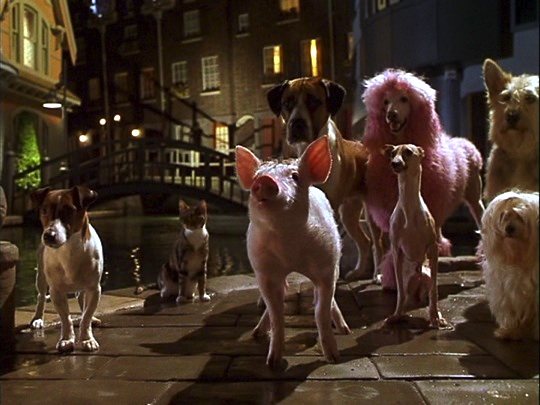It's probably not a question that plagues you late at night but the short answer is the US government. A few weeks ago I wrote about my floss of choice. It's made of silk, which makes it nontoxic, renewable and biodegradable. That rose the question of why its so seemingly eco-minded manufacturers would package it in a plastic cartridge, so I shot off an email to Radius and here's their response:
I guess plastic packaging is one way to keep things sterile. And if it's plant-derived plastic that'll get shuffled into an indefinite recycling loop, then there's nothing technically keeping it from being zero-impact. But most plastics are still petroleum-derived, with Coke's PlantBottle as one highly visible (and recent) exception.
Is plastic really protecting me from my floss? It certainly can't be the first time the FDA's been off the mark. The typical tale is that regulations impede entrepreneurship yet are instrumental in protecting public health. I wonder to what extent regulation is impeding ecological sustainability.
The FDA considers floss a medical device and because of that they require anything that is sold in drug stores to be packaged in a plastic container. Since our products are sold in both drug stores and natural product stores we must abide by that law. We have considered creating alternative packaging for the natural product industry but since we also sell in drug stores we cannot have an entire cardboard container until the laws are changed.
I guess plastic packaging is one way to keep things sterile. And if it's plant-derived plastic that'll get shuffled into an indefinite recycling loop, then there's nothing technically keeping it from being zero-impact. But most plastics are still petroleum-derived, with Coke's PlantBottle as one highly visible (and recent) exception.
Is plastic really protecting me from my floss? It certainly can't be the first time the FDA's been off the mark. The typical tale is that regulations impede entrepreneurship yet are instrumental in protecting public health. I wonder to what extent regulation is impeding ecological sustainability.



